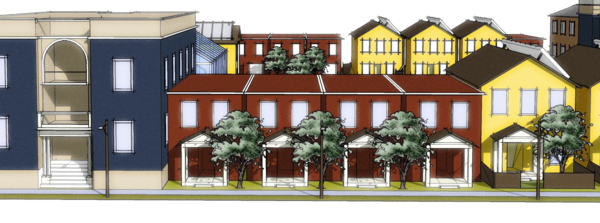Len Pemberton Incite Blog: Is capital growth a "dirty" word?

Is capital growth a “dirty” word?
In a recent blog from Australia (Ben Kingsley PiPA), I got to thinking of our local market.
Ben talked extensively about the whole range of factors influencing the property market. Now, you might ask, how does this affect our New Zealand market? This is not an unreasonable question and in particular, how does this affect the Rotorua market.
With more than 20 million people populating the mainland of Australia, there are more than 9.4 million dwellings (accordingly to our source B Kingsley).
It is therefore not hard to calculate New Zealand’s total dwellings (see Government statistics) at perhaps 1.7m. Now, while these facts need verifying for accuracy, there appears a housing ratio common to both countries (Australia and New Zealand).
That ratio is critical to understanding the market mix on a macro level, realising almost 70% of all dwellings are owner-occupied.
What does this imply? The implication is surplus to those owner-occupied are going to have a very dominant influence on how our residential market operates on a per capita income basis. Budding investors often overlook this influence, so too should analysts and economists in my opinion.
Imagine then, should owner-occupiers decide enmass to get out of their respective markets and no new owner-occupiers want to buy or invest in that market, this action would destroy that market and any property value would plummet.
The likelihood of this happening is real, often happening in rural areas. Take Patea in Taranaki for example, which is now only a “shadow” of its former self. Population shrinkage, industry gone etc.
Thankfully, the result is that areas that offer great lifestyle, great convenience eg: new Redwood Shopping Centre and Fairy Springs Shopping Complex equal great liveability and will outperform in value growth terms and will also support investor activity that hinterland of residential housing that surround those shopping hubs.
With Auckland, Tauranga and Hamilton overheating in residential retail values, Rotorua is fast becoming a “no-brainer” to investor activity, born out by recent sales statistics (REINZ).
So, I ask you this, is Capital Growth a “dirty” word or is stable owner-occupier suburbs a recipe for Rotorua’s continuing success?
